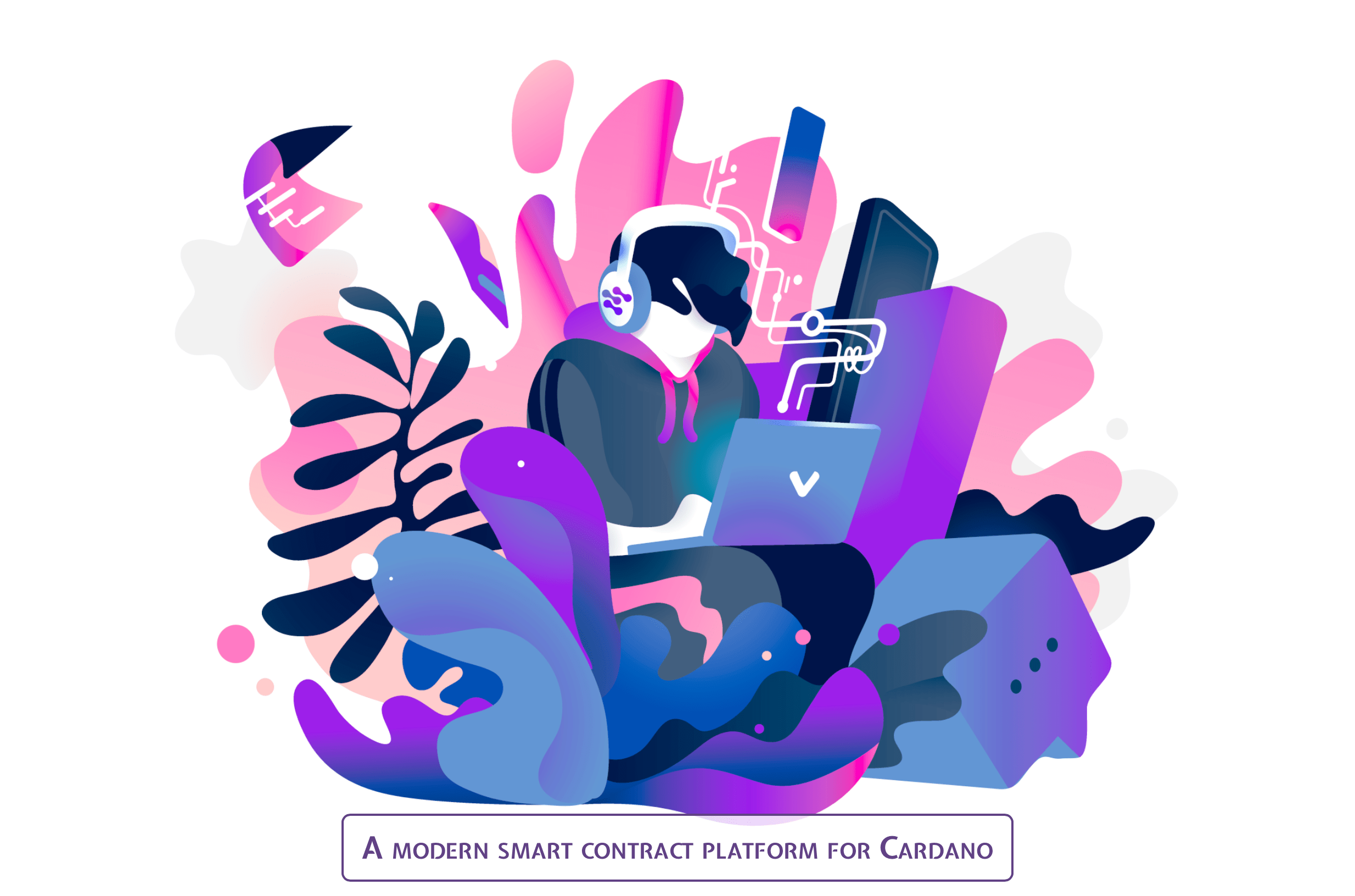“Web3 Builder Tools: A Comprehensive Guide
Artikel Terkait Web3 Builder Tools: A Comprehensive Guide
- The Rise Of Digital Twins: Replicating Reality For Enhanced Performance And Innovation
- Digital Real Estate: A Comprehensive Guide To Investing In The Virtual World
- Soulbound Tokens (SBTs): A New Paradigm For Digital Identity And Community
- In-Game Assets: A Comprehensive Guide
- The Vibrant World Of NFT Communities: A Deep Dive
Table of Content
Video tentang Web3 Builder Tools: A Comprehensive Guide
Web3 Builder Tools: A Comprehensive Guide

Web3 is the next generation of the internet, built on the principles of decentralization, transparency, and user empowerment. It leverages blockchain technology to create a more secure, fair, and open web. As Web3 gains momentum, the demand for tools that simplify the development process is increasing. This article explores the landscape of Web3 builder tools, covering various categories and specific examples.
Categories of Web3 Builder Tools
Web3 builder tools can be broadly categorized into the following:
-
Integrated Development Environments (IDEs): IDEs provide a comprehensive environment for writing, testing, and debugging smart contracts and decentralized applications (dApps).
-
Smart Contract Development Tools: These tools focus on simplifying the process of writing, compiling, and deploying smart contracts.
-
Blockchain Infrastructure Providers: These providers offer the underlying infrastructure for building and deploying Web3 applications, such as nodes, APIs, and data storage.
-
Decentralized Storage Solutions: Decentralized storage solutions enable developers to store data in a distributed and secure manner.

-
Decentralized Identity Solutions: These solutions allow users to control their digital identities and data, enhancing privacy and security.

Web3 Frameworks and Libraries: Frameworks and libraries provide pre-built components and functionalities that accelerate the development of Web3 applications.
-
Testing and Auditing Tools: These tools help developers ensure the security and reliability of their smart contracts and dApps.
-
Data Analytics Tools: Data analytics tools provide insights into blockchain data, enabling developers to make informed decisions and optimize their applications.
-
Oracles: Oracles connect smart contracts to external data sources, enabling them to interact with the real world.
-
Frontend Development Tools: These tools help developers create user interfaces for Web3 applications.

Specific Examples of Web3 Builder Tools
1. Integrated Development Environments (IDEs)
-
Remix IDE: Remix IDE is a browser-based IDE that allows developers to write, compile, and deploy smart contracts without installing any software. It supports Solidity and Vyper, two popular smart contract languages.
-
Truffle IDE: Truffle IDE is a desktop IDE that provides a comprehensive environment for developing, testing, and deploying smart contracts. It includes features such as a debugger, a test runner, and a deployment tool.
2. Smart Contract Development Tools
-
Hardhat: Hardhat is a development environment for Ethereum software. It helps developers manage and automate the recurring tasks that are inherent to the process of building smart contracts and dApps, as well as easily introducing more functionality around this workflow.
-
OpenZeppelin: OpenZeppelin provides a library of secure and reusable smart contracts, as well as tools for auditing and deploying smart contracts.
3. Blockchain Infrastructure Providers
-
Infura: Infura provides access to Ethereum and other blockchain networks, allowing developers to build dApps without running their own nodes.
-
Alchemy: Alchemy is a blockchain developer platform that provides APIs and tools for building and scaling Web3 applications.
4. Decentralized Storage Solutions
-
IPFS (InterPlanetary File System): IPFS is a decentralized storage network that allows developers to store and retrieve data in a distributed and secure manner.
-
Filecoin: Filecoin is a decentralized storage network that incentivizes users to store data on the network.
5. Decentralized Identity Solutions
-
Ceramic: Ceramic is a decentralized data network that allows users to control their data and identity.
-
Spruce: Spruce provides tools for building decentralized identity solutions, such as Sign-In with Ethereum.
6. Web3 Frameworks and Libraries
-
Web3.js: Web3.js is a JavaScript library that allows developers to interact with Ethereum nodes from their web applications.
-
Ethers.js: Ethers.js is a JavaScript library that provides a simpler and more efficient way to interact with Ethereum nodes.
-
React: React is a popular JavaScript library for building user interfaces. It can be used to create user interfaces for Web3 applications.
-
Vue.js: Vue.js is another popular JavaScript library for building user interfaces. It is known for its simplicity and ease of use.
7. Testing and Auditing Tools
-
Mythril: Mythril is a security analysis tool for Ethereum smart contracts. It can detect a variety of vulnerabilities, such as integer overflows, reentrancy attacks, and timestamp dependencies.
-
Slither: Slither is a static analysis tool for Solidity smart contracts. It can detect a variety of vulnerabilities, such as unchecked call returns, unused variables, and code clones.
-
Trail of Bits: Trail of Bits is a security firm that provides auditing services for smart contracts and dApps.
8. Data Analytics Tools
-
The Graph: The Graph is a decentralized indexing protocol that allows developers to query blockchain data in a fast and efficient manner.
-
Nansen: Nansen is a blockchain analytics platform that provides insights into on-chain data, such as wallet activity, token flows, and smart contract interactions.
9. Oracles
-
Chainlink: Chainlink is a decentralized oracle network that provides secure and reliable data feeds to smart contracts.
-
Band Protocol: Band Protocol is another decentralized oracle network that provides data feeds to smart contracts.
10. Frontend Development Tools
-
Thirdweb: Thirdweb is a comprehensive platform for building Web3 applications, offering tools for smart contract deployment, frontend development, and user authentication.
-
Moralis: Moralis is a development platform that provides APIs and tools for building Web3 applications, including authentication, data storage, and real-time updates.
Choosing the Right Tools
The choice of Web3 builder tools depends on the specific requirements of the project. Factors to consider include:
-
The complexity of the project: For simple projects, a browser-based IDE like Remix IDE may be sufficient. For more complex projects, a desktop IDE like Truffle IDE may be more appropriate.
-
The programming language: Solidity is the most popular smart contract language, but other languages such as Vyper are also available.
-
The blockchain network: Ethereum is the most popular blockchain network, but other networks such as Binance Smart Chain and Polygon are also available.
-
The budget: Some Web3 builder tools are free, while others are paid.
Conclusion
Web3 builder tools are essential for developers who want to build decentralized applications. By choosing the right tools, developers can simplify the development process, improve the security of their applications, and accelerate the adoption of Web3. As the Web3 ecosystem continues to evolve, we can expect to see even more innovative and powerful builder tools emerge. These tools will play a crucial role in shaping the future of the internet and empowering users with greater control over their data and digital experiences. The future of the web is decentralized, and with the right tools, developers can be at the forefront of this revolution.
